The Cynics: Philosophy of radical simplicity and freedom
The Cynics (kynikoi), one of the most provocative philosophical movements of ancient Greece, advocated for a life in radical alignment with nature, rejecting societal conventions, material excess, and the pursuit of wealth and power. Originating in the 5th century BCE with Antisthenes, a student of Socrates, and famously embodied by Diogenes of Sinope, the Cynics emphasized the cultivation of self-sufficiency (autarkeia), freedom (eleutheria), and virtue (aretē). Their philosophy, while often considered confrontational and iconoclastic, was deeply ethical and practical, aiming to free individuals from the constraints of societal expectations and material desires.
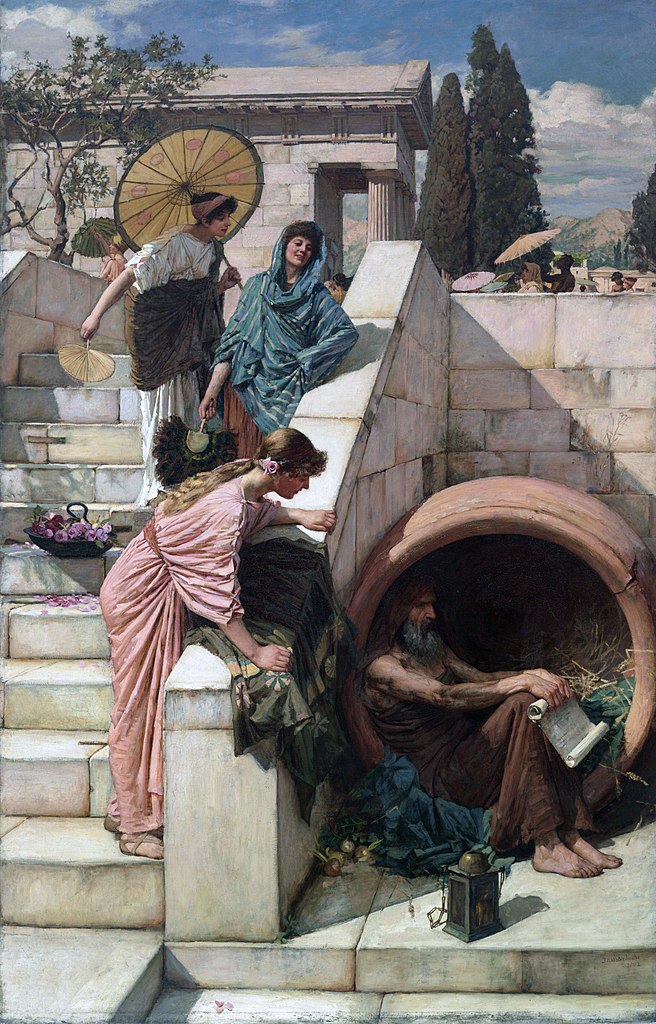
Diogenes by John William Waterhouse, 1882. Diogenes, a prominent Cynic philosopher, is depicted in his characteristic attire, sitting in his ceramic jar with a lantern in front of him, symbolizing his search for an honest man. Source: Wikimedia Commonsꜛ (license: public domain)
Origins and historical context
The Cynic movement emerged in the wake of Socrates philosophy, inheriting Socrates’ emphasis on ethical inquiry and the critique of conventional values. Antisthenes (circa 445–365 BCE), often considered the founder of Cynicism, developed a philosophy of virtue as the highest good, attainable through reason and self-discipline. He rejected the relevance of external goods, such as wealth, status, and physical pleasures, arguing that true happiness lies in living in accordance with nature.

Bust of Antisthenes. Source: Wikimedia Commonsꜛ (license: CC BY-SA 3.0)
Diogenes of Sinope (circa 412–323 BCE) brought Cynicism to its fullest expression, becoming the archetype of the Cynic philosopher. Renowned for his ascetic lifestyle and sharp wit, Diogenes lived in deliberate poverty, carrying his possessions in a simple cloak and often residing in a large ceramic jar. He famously mocked societal conventions and hypocrisy, engaging in public acts that challenged the norms of modesty and decorum. His commitment to living in alignment with nature and rejecting artificial constraints made him both admired and reviled by his contemporaries.

Diogenes Sitting in His Tub by Jean-Léon Gérôme, 1860. The Greek philosopher Diogenes (404-323 BC) is seated in his abode, the earthenware tub in Athens, lighting the lamp in daylight with which he was to search for an honest man. His companions were dogs that also served as emblems of his “Cynic” (Greek kynikos means “dog-like”) philosophy, which emphasized an austere existence. Source: Wikimedia Commonsꜛ (license: public domain)
Principles of Cynic philosophy
Cynicism is characterized by its uncompromising commitment to simplicity, freedom, and virtue. At its core is the belief that the source of human suffering is the pursuit of external goods and the reliance on societal conventions, which alienate individuals from their natural state. The Cynics sought to liberate themselves from these dependencies, advocating for a life of austerity and self-sufficiency.

Statue of an unknown Cynic philosopher from the Capitoline Museums in Rome. This statue is a Roman-era copy of an earlier Greek statue from the third century BCE. The scroll in his right hand is an 18th-century restoration. Source: Wikimedia Commonsꜛ (license: public domain)
Living in accordance with nature
The Cynics believed that human beings, like all other animals, possess a natural order that should guide their lives. This natural order emphasizes the satisfaction of basic needs — food, shelter, and companionship — without the superfluous trappings of civilization. By rejecting artificial desires and returning to a simpler way of life, the Cynics argued that individuals could achieve true freedom and authenticity.
Virtue as the only good
Cynicism aligns with the Socratic ideal that virtue (aretē) is the sole source of human happiness. For the Cynics, virtue consists in living a life of reason and self-discipline, free from the corrupting influences of wealth, power, and societal expectations. External goods, they argued, are irrelevant to one’s moral character and should be disregarded as distractions.
Critique of society and conventional morality
The Cynics were relentless critics of societal norms, which they saw as artificial constructs that enslave individuals and perpetuate inequality and corruption. They rejected traditional values, such as the accumulation of wealth and the pursuit of social status, arguing that these goals are antithetical to human flourishing. Their critique extended to religious practices, which they viewed as superstitious and hypocritical.
Freedom and autarkeia
Central to Cynic philosophy is the concept of autarkeia, or self-sufficiency. The Cynics sought to cultivate a state of independence from external circumstances, enabling them to maintain their freedom and inner tranquility regardless of external conditions. This commitment to autonomy is closely tied to their ascetic practices, which minimized their material needs and attachments.
Diogenes of Sinope: The archetypal Cynic
Diogenes, the most famous Cynic, exemplified the principles of Cynicism through his life and actions. His provocative behavior and sharp wit earned him a reputation as both a social critic and a philosophical iconoclast. Stories about Diogenes, though often anecdotal and embellished, capture the essence of his philosophy:
- He famously wandered the streets of Athens with a lamp in broad daylight, claiming to search for an honest man, a critique of the perceived dishonesty and corruption of society.
- When Alexander the Great offered to grant him any wish, Diogenes is said to have replied, “Stand out of my sunlight”, demonstrating his disdain for power and material gifts.
- Diogenes’ public acts, such as eating in the marketplace and performing natural bodily functions in public, symbolized his rejection of societal conventions and his commitment to living in accordance with nature.
Diogenes’ life and teachings embody the Cynic ideal of radical freedom and self-sufficiency, inspiring later thinkers and challenging the moral and social assumptions of his time.

Diogenes by Jules Bastien-Lepage, 1873. Source: Wikimedia Commonsꜛ (license: public domain)
Influence on later philosophy
Cynicism had a profound influence on subsequent philosophical traditions, particularly Stoicism. Zeno of Citium, the founder of Stoicism, studied under the Cynic philosopher Crates of Thebes and incorporated many Cynic principles into his own philosophy. The Stoic emphasis on living in accordance with nature, cultivating inner freedom, and distinguishing between what is within and beyond one’s control reflects Cynic influence, though Stoicism developed a more systematic and less confrontational approach.

Crates and Hipparchia, an antique fresco from Rome, c. 1st century CE. Source: Wikimedia Commonsꜛ (license: public domain)
Cynicism also resonated with early Christian ascetic traditions, which emphasized the renunciation of worldly possessions and the cultivation of spiritual virtue. The Cynic critique of wealth and power, as well as their commitment to moral integrity, found echoes in Christian teachings on humility and simplicity.

Coptic icon of Saint Anthony of the Desert, an early Christian ascetic and an important desert father. Early Christian asceticism may have been influenced by Cynicism. Source: Wikimedia Commonsꜛ (license: public domain)
Despite its decline as a distinct philosophical school, the spirit of Cynicism has persisted as a critique of materialism and societal conformity, inspiring figures from the Renaissance humanists to modern existentialist and anarchist thinkers.
The legacy of Cynicism
Cynicism remains a powerful philosophical voice, challenging the assumptions and values of societies. Its emphasis on simplicity, freedom, and authenticity offers a radical alternative to the consumerism and materialism that often dominate modern life. While the Cynics’ methods and lifestyle may appear extreme, their commitment to virtue and self-sufficiency, coupled with their fearless critique of societal norms, inspires those who seek to live a life of integrity and independence.
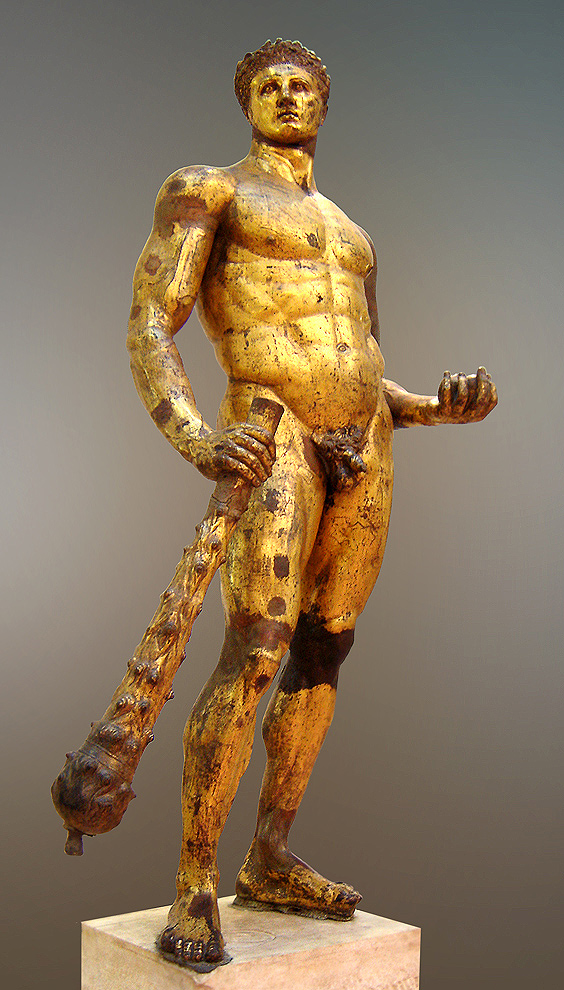
The Cynics adopted Heracles, shown here in this gilded bronze statue from the second century CE, as their patron hero, as epitomizing the ideal Cynic. Heracles “was he who brought Cerberus, the hound of Hades, from the underworld, a point of special appeal to the dog-man, Diogenes”.” According to Lucian, “Cerberus and Cynic are surely related through the dog.”. Source: Wikimedia Commonsꜛ (CC BY-SA 3.0)
References and further reading
- Klaus Döring, Michael Erler, Die Philosophie der Antike. Bd. 2/1. Sophistik, Sokrates, Sokratik, Mathematik, Medizin, 1998, Schwabe, Aus der Reihe: Grundriss der Geschichte der Philosophie, ISBN: 9783796510366
- Hellmut Flashar, Michael Erler, Günter Gawlick, Woldemar Görler, Peter Steinmetz, Die Philosophie der Antike. Bd.4. Die hellenistische Philosophie, 1994, Schwabe, Aus der Reihe: Grundriss der Geschichte der Philosophie, ISBN: 9783796509308
- Navia, L. E., Classical Cynicism: A Critical Study, 1996, Praeger, ISBN: 978-0274956388
- Branham, R. B., & Goulet-Cazé, M.-O., The Cynics: The Cynic Movement in Antiquity and Its Legacy, 1996, University of California Press, ISBN: 978-0520216457
- Dudley, D. R., A History of Cynicism: From Diogenes to the 6th Century A.D., 2011, Bristol Classical Press, ISBN: 978-1853995484
- Long, A. A., Hellenistic Philosophy: Stoics, Epicureans, Sceptics, 1981, Bristol Classical Press, ISBN: 978-0715612385
- Desmond, W., Cynics, 2008, Routledge, ISBN: 978-1844651290
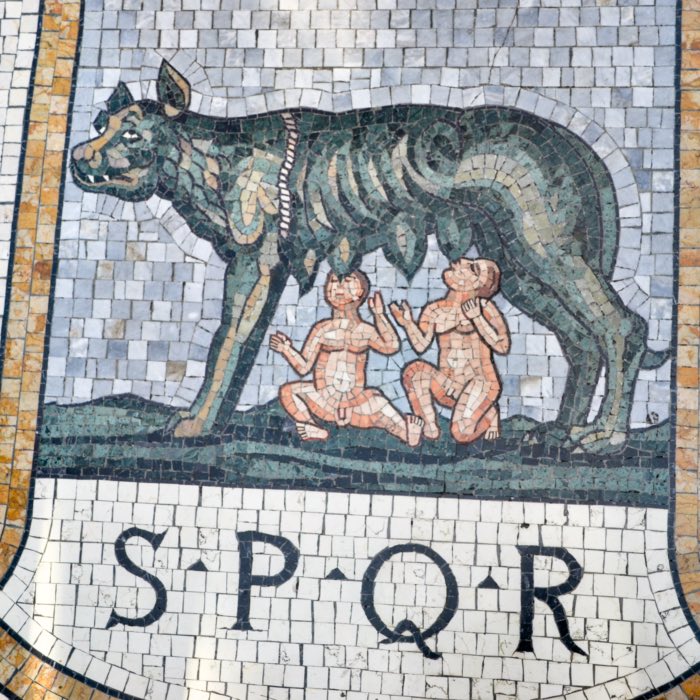
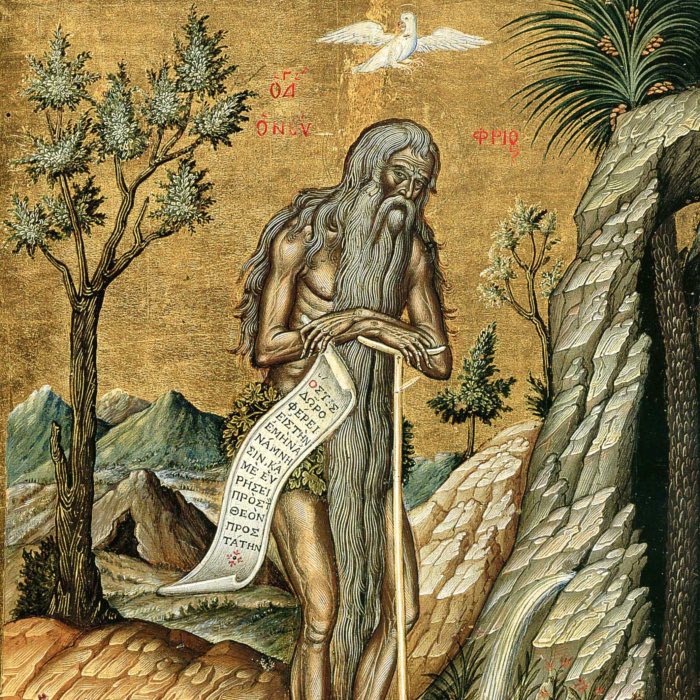





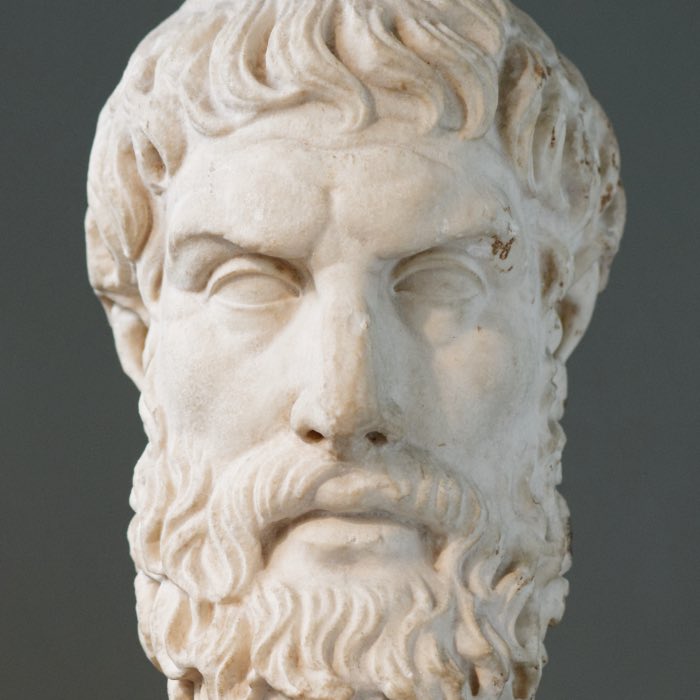
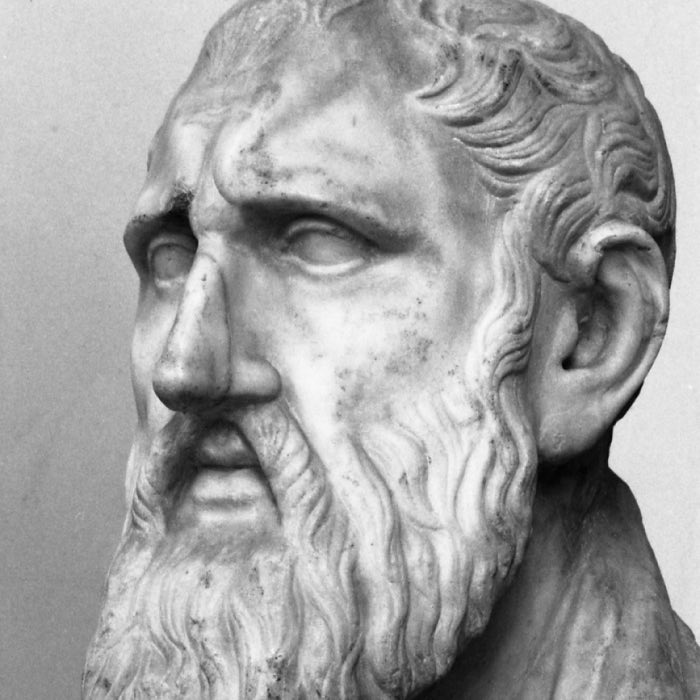
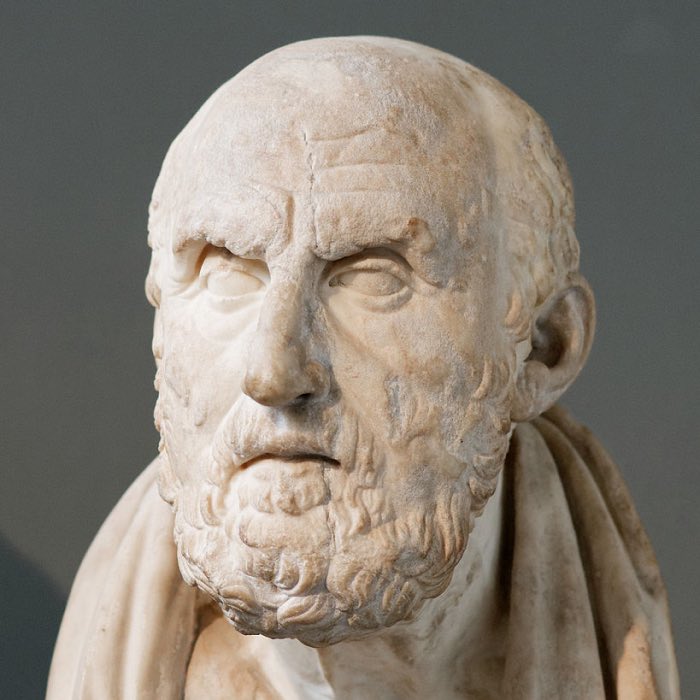
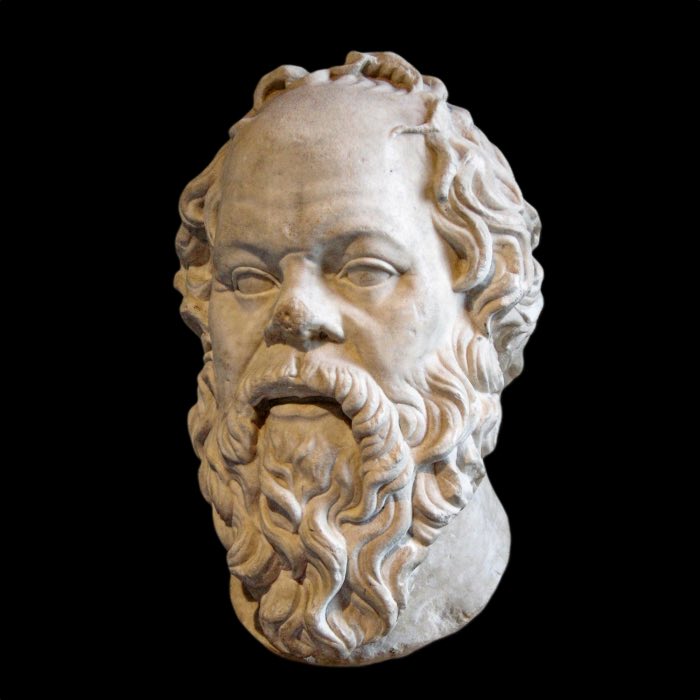
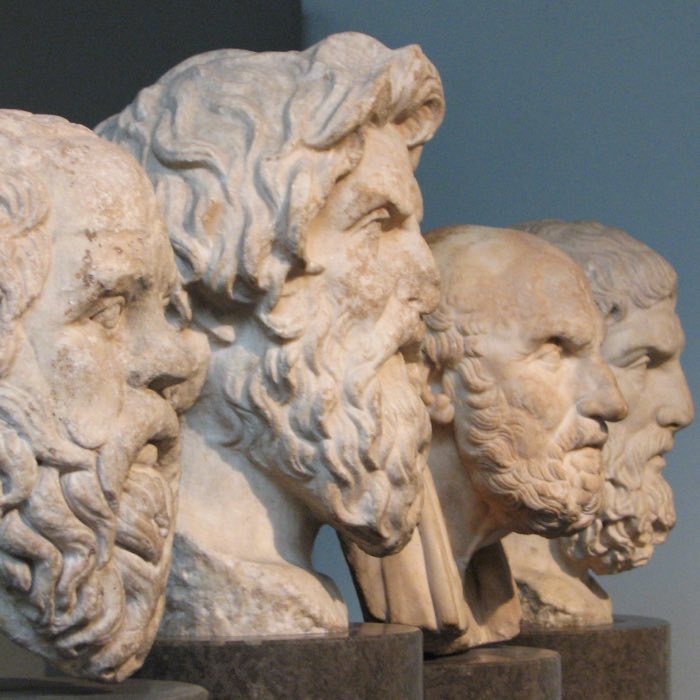
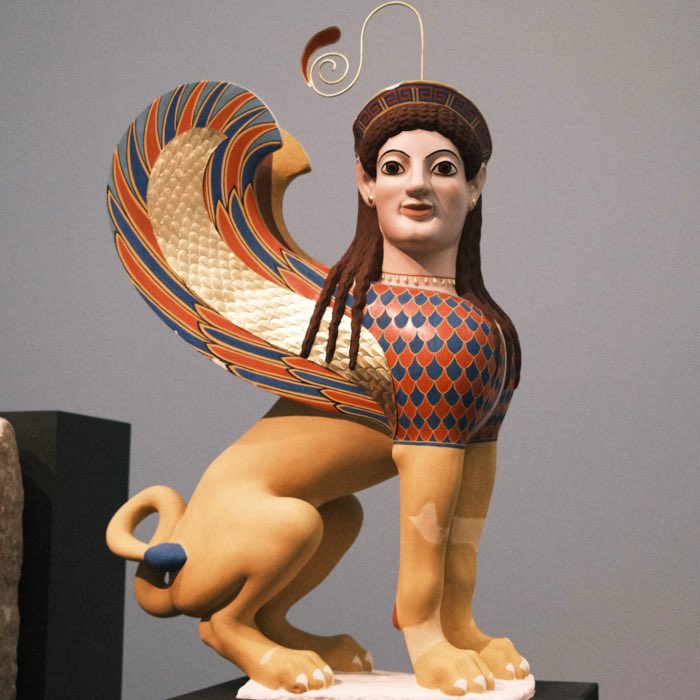


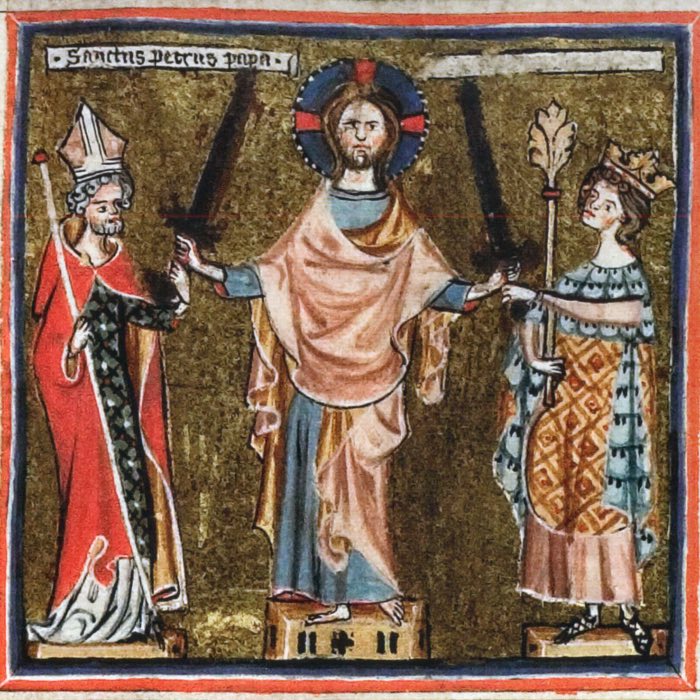


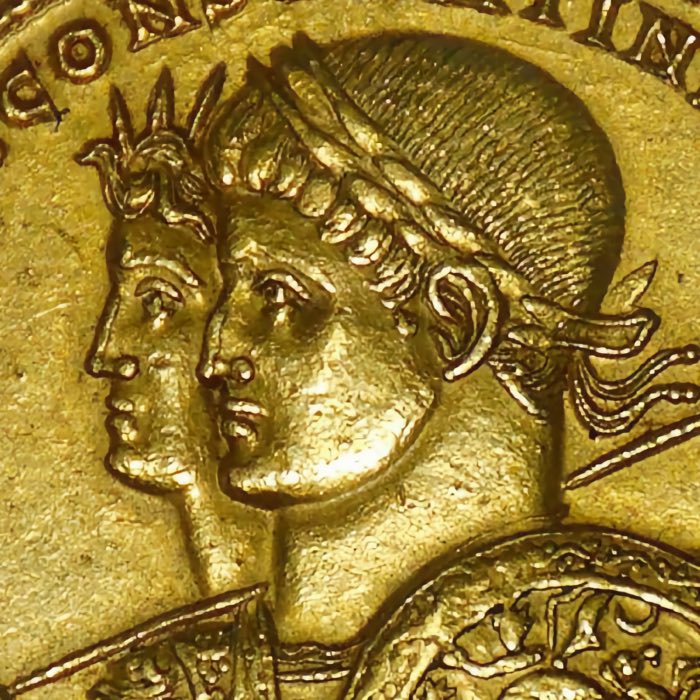
comments